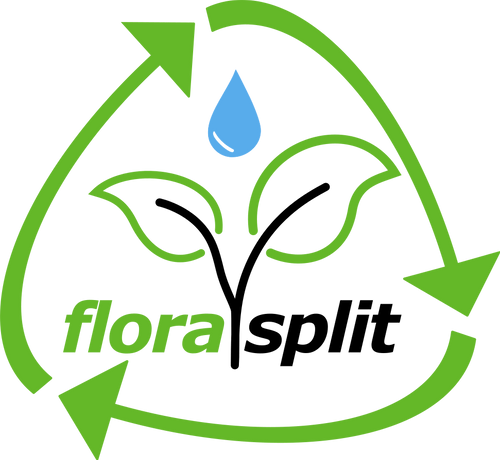What Value is in Plants?
Plants are the basis of our food system. They contain many valuable nutrients and functional compounds. Our goal is it to get the most out of your plant material.
Dietary Fibers
Dietary fibers play an important role for our health. Despite that, most people are not getting sufficient amounts through their diet. There is an increasing amount of research pointing to the great benefit and importance of dietary fibers in the diet. Dietary fibers are a part of plant material which human enzymes cannot digest. Still, they are very important for our digestive system, and overall gut health. Some studies have found that they can lower risk of diabetes and heart disease, and the potential prebiotic properties are beneficial for our microbiome. In addition to getting a clean label and healthier product, dietary fibers can have great functional properties. Incorporating fibers into your product is beneficial – from a health and environmental perspective.
Functional Ingredients
Functional foods can have a positive health effect, promoting health and reducing risk of disease. The functionality can be split into both physiological functionality (health benefits) and technological functionality. Proteins, dietary fibers and phenolic compounds can contribute in different ways to the functionality. These properties are largely dependent on the raw material and processing. The plant-based material can be added to your food product, in an amount that is suitable for your specifications. This can make the product a little bit healthier, and positively influence the food functionality. For example, a smaller part of flour or meat can be substituted by dietary fibers or proteins.
Water/Oil binding
Refers to a materials ability to bind and hold water/oil. This can increase the cooking yields, reduce cooking losses, and with hydration properties, the product can retain moisture; which can for example mean that bakery products don’t dry out, but stay fresh/moist longer. The oil binding and holding capacity can help to reduce the fat content, and several studies have been made where dietary fibers have replaced a part of the meat in meat products with success. As well as partly replacing flour in baked goods.
Protein Isolates
Using plant-based proteins is a great way to increase the protein content of your product, as well as the functional properties it can contribute with. Whether you want a protein concentrate (protein content >50%), an isolate (protein content >90%), or something between, we can help find the right solution for you.
Processing
There is a wide range of ways to process the material that you have. The process chosen depends on a variety of factors, ranging from required functionality, what requirements you have and everything in between. We value flexibility, open communication and cooperation, to find a tailored-fit solution for you.
Functional Properties of Proteins
There are several other ways that the plant-based ingredients can benefit the technological properties. The viscosity and texture can be affected. Color can be influenced in a natural, clean label friendly way. Some components also have gel-forming abilities, that can increase the viscosity and thickness of a product.
Examples of materials we've worked with
Sesame, sunflower, soy (and okara), red lentil, chickpea, cashew, red beets, asparagus, mustard bran, cabbage, banana peel, apple pomace, and potato pulp Ask us about your material or need
Alternative Proteins
Alternative protein and plant-based foods are not only for vegetarians and vegans, there is an increasing amount of hybrid-products made, where meat and plant-based are mixed together. Plant-based proteins are finding their way into a wide range of products, due to their functional properties: both physiological benefits as well as technological.
"When life gives you lemons, ask for something higher in protein."
Unknown
Vegetable Oils and Fats
Florasplit is a part of Florapower, who designs and engineers’ oil presses and solutions for industrial plants. The German quality and the expertise we have accumulated, have made us unique. We are able to press material that few others are able to do. We have experience with more than 60 different types of materials, ranging from the classical sunflower, soy, hemp, to different nuts and seeds. Our presses and engineering solutions can be found around the world. For more information, click here, or feel free to contact us. We offer press tests to check the feasibility of your material, and can advise you with our extensive know-how.
